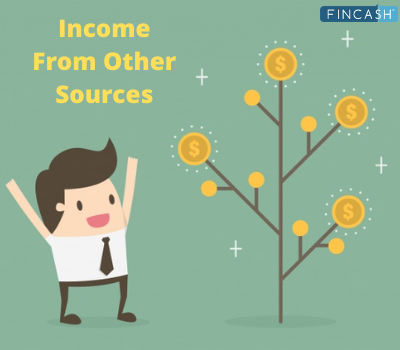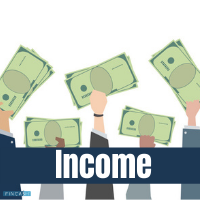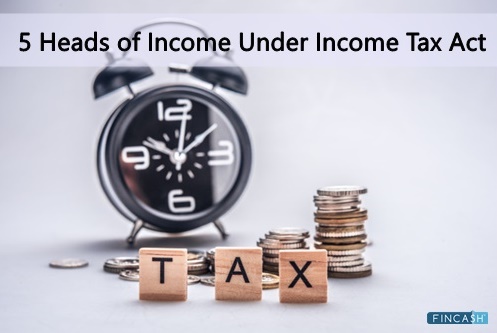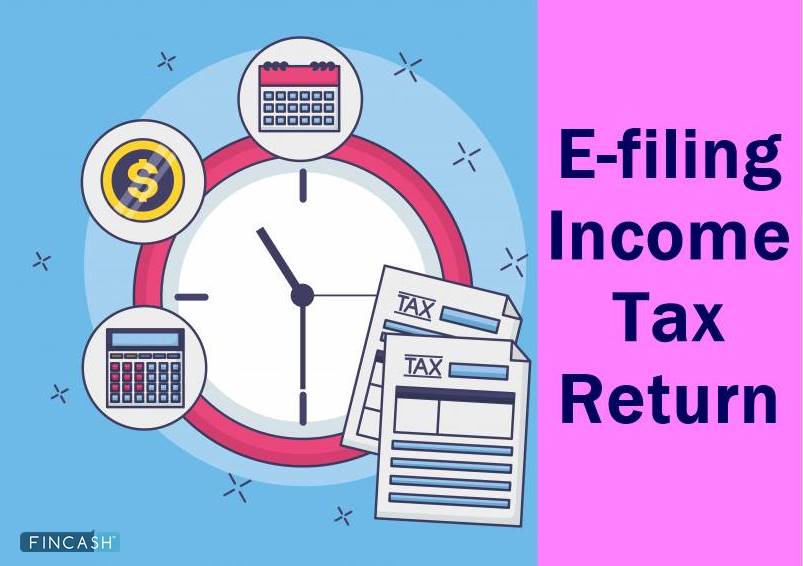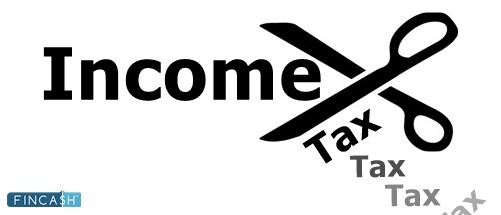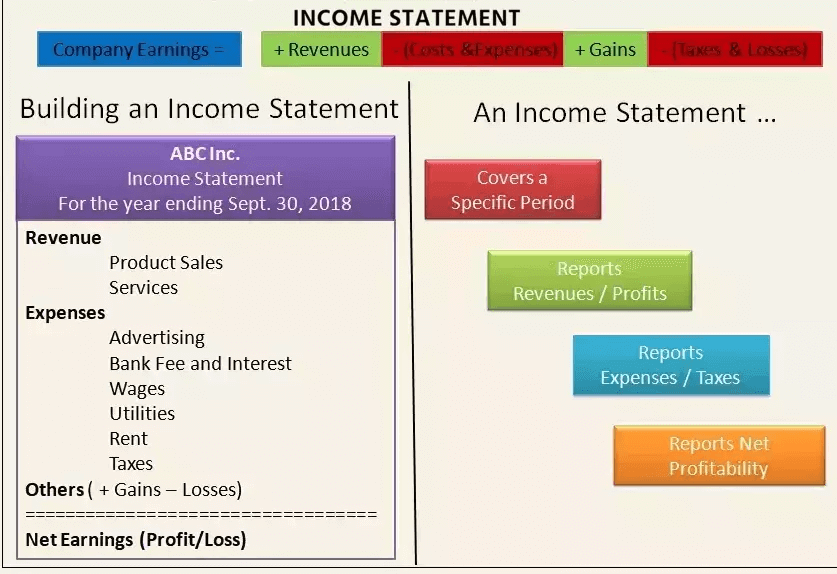
Table of Contents
All About Speculative Income
In India, income tax is broadly classified under five categories. There are different kinds of salaries as defined by the Income Tax department. The five different incomes include income from salary, income from house and property, income from profit and gains in business or profession, income from Capital gains and income from other additional sources.
Raju owns a business and needs help with understanding his income. After much thinking, he approaches a financial expert who explains certain pointers. The expert tells Raju that one of the most important factors here is the classification of income because of the various methods of computation, Deduction, incentives, tax rates, etc.
One of the major areas of confusion or concern has been related to the classification of income based on business and profession and the income from Capital Gains in case of stocks and shares. The decisions depend largely on the intention of investment and the frequency of transaction. If a transaction is a business, further classification would be to decide whether the income is speculative or non-speculative.
Raju now wants to understand what Speculative income is. Let’s take a look at what speculative income is.
What is Speculative Income?
Speculative income is derived from the term ‘speculative transaction’. The income that is derived from a speculative transaction as speculative income. Let’s take a look at what is Speculative Transaction.
What is Speculative Transaction?
Speculative transaction means that the contract which includes the purchase or sale of any commodity like stocks and shares is settled periodically. Or it means that the transactions are eventually settled than the actual delivery or transfer of the commodities. One of the most preferred examples is the intra-day trading income. Intra-day trading means trading of shares on the same day.
If you consider intra-day trading in shares, you will notice that there is no entry or exit from the Trading Account on the same date. This means there is no entry into the Demat account. Therefore, no deliveries are there in case of intra-day trading which means this can be referred to as a speculative transaction.
Exemptions to Speculative Transactions
Mentioned below are the exemptions to speculative transactions:
1. Hedging Contract regarding Raw Materials/Merchandise
One might enter into a contract during the course of your Manufacturing or merchandise business to guard yourself against the fear of future price Inflation against actual delivery of the goods manufactured and sold. The procedure of hedging the contract means saving your production against loss.
Therefore, this cannot be termed as a speculative transaction.
2. Hedging Contract in Stocks and Shares
One may enter into a contract to save his stocks and shares and protect them against future price inflations. This is not a speculative transaction.
3. Forward Contract
A forward contract refers to a member entering into a forward Market or stock exchange during the course of transaction in nature of jobbing or arbitrage only to guard against any loss arising in the due course of the business.
Jobbing refers to the act where all transactions are squared off during the same day and arbitrage refers to the purchase of commodity or security in one market for immediate sale in another market.
4. Derivatives Trading
Trading in derivatives or derivatives trading refers to a transaction that is eligible in respect of trading in derivatives as mentioned in Securities Contracts Regulation Act 1956. This should also be recognised by the stock exchange to be considered eligible.
An eligible transaction under this would mean a transaction that is carried out electronically on a screen-based system through a recognised broker as per relevant statutes and is supported by a time stamped contract note indicating unique client identity number and PAN.
5. Commodity Derivatives Trading
Trading in commodity derivatives means that an eligible transaction is carried out in a recognised association which is chargeable to commodities transaction tax under Chapter VII of the Finance Act, 2013.
An eligible transaction refers to being carried out electronically on screen-based systems through registered member or intermediary as per relevant statues and supported by a time stamped contract indicating unique identity number, unique trade number and PAN.
Talk to our investment specialist
Important Points About Speculative Income
If an income has to be considered as speculative the business has to be treated as speculative business.
Mentioned below is a description of the treatment of speculative business:
1. Distinct Business
A speculative business is to be treated as a distinct business. If a taxpayer is carrying out businesses along with speculative business, such business should be considered as distinct and separate from other businesses by the same taxpayer.
2. Loss from Speculative Business
It is important and necessary to treat speculative business and distinct business for loss provisions. As per Section 73, losses coming from speculative business can be set off only against profits from speculative business. In other businesses, losses can be set off against the profit of any other business. But this is not the case with speculative business.
Remember that a loss from speculative business is carried forward to subsequent years and can be set off against the profit and gains in the same business in the particular year.
Furthermore, profits from a speculative business are to be treated differently than profits from other businesses.
Note that a loss from a speculative business can’t be carried more than 4 assessment years. This begins from the following year since the loss has been incurred. If Depreciation and Capital Expenditure were to be incurred on scientific research in taking a speculative business forward, the depreciation or capital expenditure shall be dealt with first.
Conclusion
Speculative Income is beneficial when understood rightly. Comply with all rules and regulations laid by the government regarding speculative business and transactions to get benefits.
All efforts have been made to ensure the information provided here is accurate. However, no guarantees are made regarding correctness of data. Please verify with scheme information document before making any investment.
